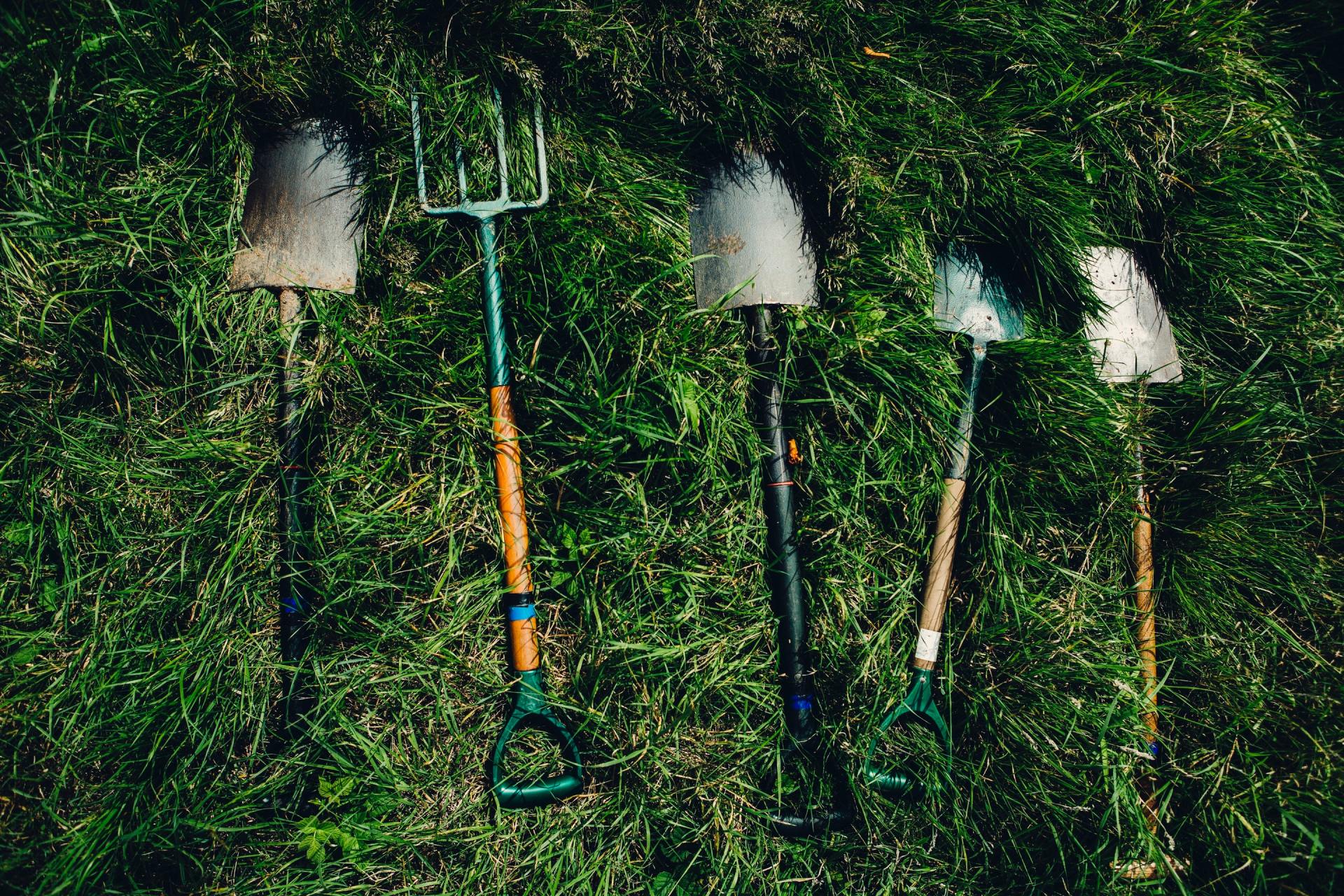There is a good reason for this law. The cost of not addressing the problem can be considerable. Unmanaged animal carcasses are unsightly, unhealthy, can damage property, and can attract other animals leading to further problems. The putrid smell of a decomposing dead animal comes from the release of certain gases by microorganisms that are working to break down the carcass. The deceased animal becomes its miniature biosphere inviting colonization by rodents and bacteria alike.
A Serious Health Hazard
More threatening than the unpleasant odor, are the numerous pathogens carried by wild animals and their rotting corpses: parasites, bacteria, and viruses, many of which can pass to humans. The most well-known and frightening of these zoonotic diseases in the St. Louis area are:
- Anthrax
- Dengue fever
- Salmonella
- Lyme disease
- Typhus
Avoid this health threat by letting Veteran's Pride Wildlife Control handle the problem.
Dead animals can also harm groundwater supply in two ways: through the release of particle contaminants, and the release of some of the previously mentioned pathogens. Decomposing animals can leach particles into the groundwater supply, causing unsafe levels of carbon, nitrogen, and phosphorus. Through this same leaching process, the zoonotic like salmonella and typhus can also find their way into the water supply. The same pathogens, along with gases produced during decomposition, can be released into the area affecting overall air quality and posing significant health risks.
Dangerous Attraction
Wild animal carcasses can attract other wild animals, which can lead to its own set of problems. An influx of wild animals creates the potential for collisions with automobiles, and possible negative interactions with animals such as dogs, cats, horses, or cows. A coyote drawn to the meal offered by a carcass might decide that your family pet is an attractive alternative.
Back in a Big Way
In St. Louis and across the country, several wild animal species are rebounding. Coyotes and foxes are returning to numbers last seen a century ago. Animals that were previously problematic only to ranchers and farmers are showing up in urban and suburban environments, and many of these wild animals have better adapted to the urban environment. They’ve figured out how to navigate our roads and causeways, often leading them right to your door.
Don’t leave a free meal on your property. When you’re faced with this problem, do the safe thing, contact the professionals at Veteran's Pride Wildlife Control. We are St. Louis' top-rated wildlife removal and control company. Call today for a free estimate.

